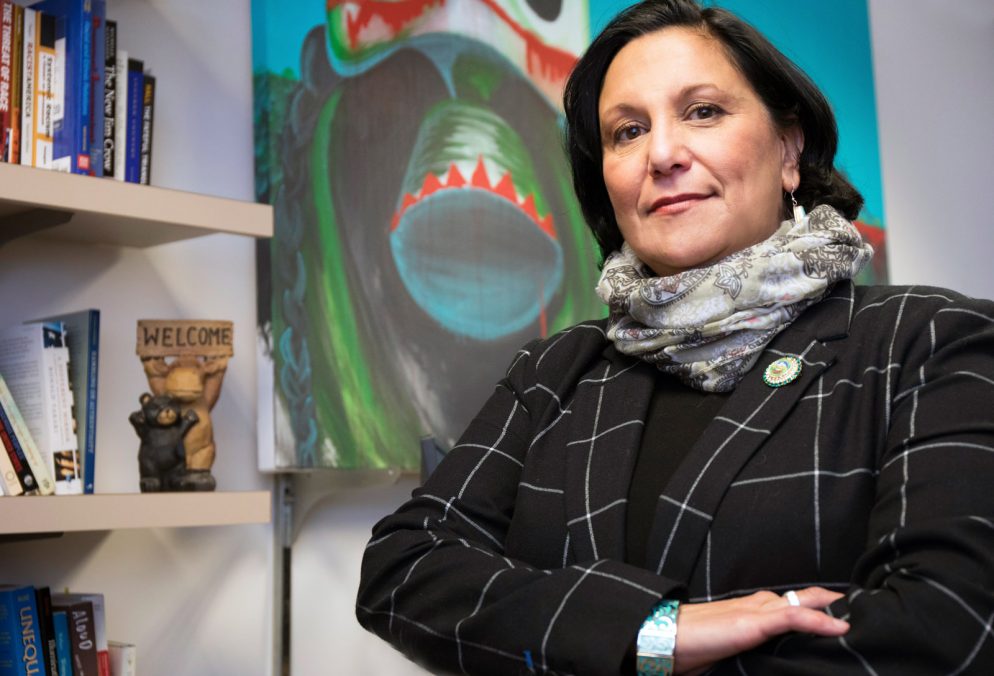It is the Indigenous peoples of what is now known as Colorado who deserve honor for the life we enjoy today.
The first time I walked on the campus at Colorado College, I was overtaken by its beauty. CC’s campus boasts diverse greenery, exquisite architecture, and a perfect view of Pikes Peak in the distance. When I called my family back home, I told them that it felt like I was supposed to be here — like I could belong here.
Of course, belonging to a place is about more than the external space. As human beings, we need to feel we are a part of a community in which people accept us and value our contributions. We need a community that we can turn to during the most difficult of times and rejoice with during the best of times. Society may view colleges as solely educational spaces, but they also are communities where people support one another, laugh and commiserate together, and share their personal and professional achievements and failures with one another.
Colorado College is a community — one where genuine joy, generosity, and solidarity can readily be observed in all its nooks and crannies. I find my sense of place here — my belonging — within the easy smiles of students and quickly spoken greetings of colleagues in the rush of the morning. I find belonging around spaces of committed learning during class time, throughout animated conversations at lunch, and during the constant buzz of activities in the afternoons. But communities need culture to thrive, and culture includes a shared history,
and therein lies the rub.
CC’s shared history must be inclusive of the Original Peoples of this area. As a Muscogee (Creek) person, I was taught that we must always give honor to those who came before us and to prepare for those who come after us. Surprisingly, I seldom hear anyone speak of the rich history, accomplishments, and contributions of the Tribal Nations that lived and migrated through Colorado — particularly the Ute, and sometimes the Kiowa, Cheyenne, Arapaho, Navajo, and Apache Peoples. This can feel alienating, as if there is no need to recognize that contemporary Indigenous people still exist. The erasure of the histories of the Indigenous Peoples of North America causes considerable harm to all of us, Natives and non-Natives alike. We lose the historical accuracy of the U.S., squander traditional knowledges of Indigenous Peoples, and in turn, isolate contemporary Native people.
As I walk across the campus, I think about the first people who occupied these grounds. I imagine the activity of their days. I see Native people working, playing, and living amidst the beauty of this land. I can almost hear them talking, laughing, singing, and calling out to one another. It is the Indigenous Peoples of what is now known as Colorado who deserve honor for the life we enjoy today. The Utes and others withstood harsh winters, developed food systems, and established a migratory route through the mountains. It was their generosity in sharing that knowledge that made it possible for settlers to first survive and then inhabit this area. Indeed, it was the brutality of colonialism that paved the way for this beautiful campus and warm community that we currently enjoy. I cannot speak for the Ute people (and they do still exist!). But for me, truth-telling and honoring the past does not take anything away from the feeling of belonging that we all enjoy here at Colorado College. Indeed, our sense of place has as much to do with the past as it does the present, and most certainly will inform the vibrant belonging of our future.
